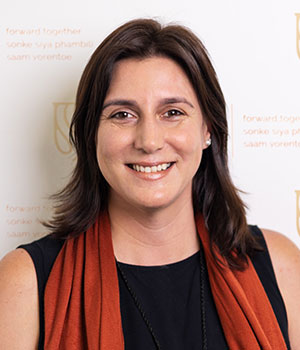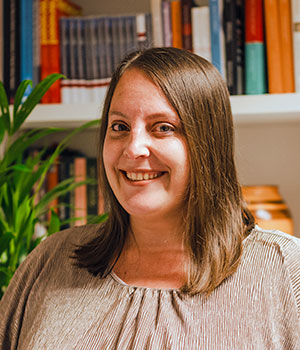2024 Doctoral Programme
| Date & Time | Event |
|---|---|
| Thursday, 8 February | Planning Meeting and session brief on doctoral student institutional requirements and deadlines; discussion of doctoral student needs. |
| Thursday, 29 February | Submission of completed MOU documents and workplans. |
| 4 March | STUDENT DEADLINE: Last day to submit the form indicating a student’s intention to submit their dissertation for examination in time for December 2024 graduation. |
| Thursday, 28 March 11:00-13:00 |
“My doctoral path: Reflections, insights, and inspiring thoughts” by Akuch Anyieth. Followed by a Q&A. |
| 29 March – 7 April | Mid-semester recess |
| Thursday, 18 April 11:00-13:00 |
“Thinking through Violence” seminar, part 1. Facilitated by Prof. Anthony Collins |
| Thursday, 25 April 14:00-16:00 |
AVReQ PhD candidate in-house presentation Emerging research proposal presentation by Alida van der Walt |
| Thursday, 9 May 11:00- 13:00 |
Monthly reflections: “brown paper bag” session and informal sharing of work with peers. |
| 13 May | STUDENT DEADLINE: Last day for submitting the form indicating a student’s intention to submit their dissertation for examination in time for March/April 2025 graduation. |
| Thursday, 16 May 11:00-13:00 |
“Thinking through Violence” seminar, part 2. Facilitated by Prof. Anthony Collins |
| Thursday, 6 June 11:00 -13:00 |
Monthly reflections: “brown paper bag” session and informal sharing of work with peers |
| Thursday, 13 June 14:00 – 16:00 |
Meeting with students and supervisors to discuss progress and work plans for the second half of the year. |
| Thursday 20 June 11:00-16:00 |
Data Analysis workshop An opportunity to share emerging data analysis with supervisors and AVReQ colleagues and receive feedback on the work. Drafts to be shared two weeks before by Thursday, 6 June. |
| 21 June | Submission of AVReQ mid-year progress reports |
| 29 June-21 July | Mid-year break |
| Thursday, 25 July (time tba) |
AVReQ Postgraduate student symposium (MA AND PhD student presenting their work to the AVReQ community and the broader SU community) |
| 26 July | SUBMISSION DEADLINE: Last day for submitting PhD dissertations (and supporting documentation) to the Postgraduate Examination Office for examination for December 2024 graduation. Late submission will be held over for March April 2025 graduation. |
| Thursday, 1 August 11:00-13:00 |
Monthly reflections: “brown paper bag” session and informal sharing of work with peers |
| Thursday, 14 August 9:00-12:30 |
Workshop on publishing from the thesis SU Postgraduate Office. The aim of this webinar, presented by Professor Ruth Albertyn, is to gain insight into the skills needed for planning to write up research for an academic article. Students to sign up beforehand at: Preparation for publication webinar (sun.ac.za) |
| Thursday, 5 September 11:00-13:00 |
Monthly reflections: “brown paper bag” session and informal sharing of work with peers |
| Thursday, 12 September 11:00-16:00 |
PhD candidate symposium (PhD students presenting their work to the AVReQ community and the broader SU community; feedback in preparation for final submissions) |
| Thursday, 3 October 11:00-13:00 |
Monthly reflections: “brown paper bag” session and informal sharing of work with peers |
| 11 October | SUBMISSION DEADLINE: Last day for submitting PhD dissertations (and supporting documentation) to the Postgraduate Examination Office for examination for March/April 2025 graduation. Late submissions will be held over for December 2025 graduation. |
| Thursday, 7 November 11:00-13:00 |
Monthly reflections: “brown paper bag” session and informal sharing of work with peers (preparation for end-year progress reports) |
| Friday, 29 November | Submission of AVReQ end-year progress reports |

